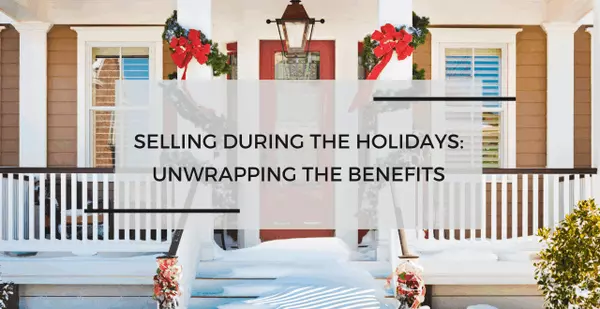
Should You Sell Your Home During the Holidays? Unwrapping the Benefits
As the holiday season approaches, many homeowners ponder whether to list their homes now or wait until the new year. While spring is traditionally considered the prime time for real estate, selling during the holidays offers unique advantages that might make it the perfect time for you. The truth is that if you are trying to sell your home, wouldn’t you rather list while the competition is less? 1. Less Competition The holiday season typically sees fewer homes on the market, reducing competition among sellers. This scarcity can make your property stand out to serious buyers. According to HomeLight, "This time of year can be less competitive, with fewer homes on the market." 2. Motivated Buyers Buyers who are house hunting during the holidays are often more serious and motivated. Ramsey Solutions notes, "Buyers often mean business." Furthermore, the holidays are a time to relax and enjoy family and friends. In real estate, studies show that if a buyer is out looking for a new home during these months, they have a reason to move, which tend to create better offers. 3. Emotional Appeal Homes decorated for the holidays can evoke warm feelings, helping potential buyers envision themselves celebrating future holidays in the space. Investopedia suggests that sellers can "leverage holiday decorations for both curb appeal and to create a cozy interior." Moreover, tasteful holiday decorations can enhance a home's appeal, making it feel more inviting to prospective buyers. Conclusion Selling your home during the holidays can be a strategic move, offering less competition, attracting motivated buyers, and leveraging the emotional appeal of the season. If you're considering selling your home this holiday season, contact Team Caropreso for expert guidance and support to ensure a successful sale.
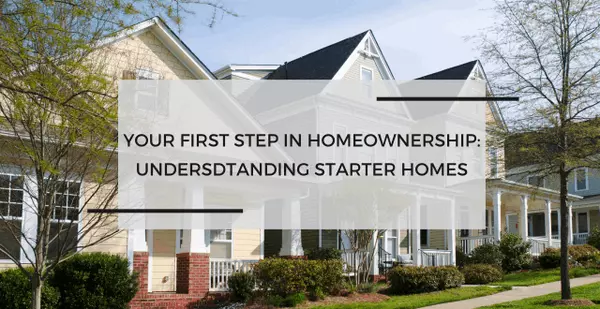
Your First Step in Homeownership: Understanding Starter Homes
Entering the world of homeownership can be an exhilarating yet daunting experience, especially for first-time buyers. One crucial concept that many potential homeowners encounter is the idea of a "starter home." But what exactly is a starter home, and how does it differ from a forever home? Is it worth considering one as your first investment? Let’s delve into these questions and explore the current real estate landscape. What Is a Starter Home? A starter home is generally defined as an entry-level property that is affordable for first-time homebuyers. These homes are often smaller in size and may need some renovations, but they serve as a launchpad into the housing market. According to the National Association of Realtors, “Starter homes are typically modest in size and price, appealing to those looking to make a smart investment without breaking the bank.” In recent years, the definition of a starter home has evolved, particularly due to rising home prices. A survey by Homelight revealed that 64% of homeowners believe that buying a starter home is a smart way to enter the market. This sentiment reflects the understanding that starter homes provide an opportunity to build equity and transition into larger homes later. The Difference Between a Starter Home and a Forever Home The primary difference between a starter home and a forever home lies in the intent and longevity of ownership. A starter home is typically seen as a temporary residence—a stepping stone toward a larger, more permanent home. On the other hand, a forever home is the property where buyers envision settling down for the long term, often featuring additional space, amenities, and a location that suits their lifestyle. HousingWire points out that “A starter home may only meet immediate needs, while a forever home is designed to accommodate future plans and family growth.” This distinction is crucial for buyers as they evaluate their current and future living situations. Is It Worth Starting with a Starter Home? Absolutely! Starting with a starter home can be a smart financial decision. As the market continues to shift, many homebuyers find that they can build equity and gain experience in homeownership without taking on the risks associated with a more expensive property. Money.com highlights that “buying a starter home can provide an opportunity to build wealth over time, as home values generally appreciate.” This appreciation not only offers financial benefits but also allows homeowners to learn the ropes of property maintenance and management in a less overwhelming environment. Furthermore, the flexibility offered by a starter home can be advantageous. According to a recent report from US News, “Many first-time buyers can upgrade to their forever home within a few years, leveraging the equity gained from their starter home.” This upward mobility is an essential aspect of today’s housing market. Bottom Line: In conclusion, a starter home can be a fantastic option for first-time buyers looking to enter the real estate market. It offers the chance to build equity, gain experience, and set the foundation for future homeownership goals. If you’re considering making your first home purchase, Team Caropreso is here to help. Our expert team is dedicated to guiding you through the process and ensuring you achieve your home buying goals. Contact Team Caropreso today to learn more about available starter homes in your area and start your journey toward homeownership!
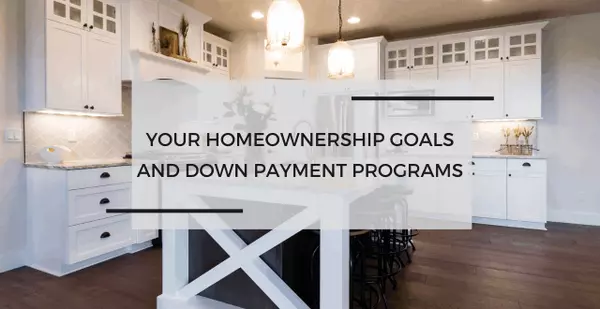
How to Achieve Your Homeownership Goals with Down Payment Programs
For many first-time homebuyers, the biggest hurdle is saving for a down payment. However, down payment assistance (DPA) programs can be a game changer, helping you move into your dream home sooner than you might think. If you're wondering how to make homeownership possible without draining your savings, read on for crucial insights on the types of assistance available, who qualifies, and why a larger down payment can be a game changer. How Many Homebuyers Qualify for Down Payment Assistance? Did you know that a significant number of buyers qualify for these programs? In fact, according to Realtor.com, "almost 80% of first-time homebuyers qualify for down payment assistance programs, but only 13% take advantage." Many buyers, however, are unaware of the resources available to them. According to Freddie Mac, "Most people don't realize that down payment assistance programs could provide significant financial relief, making homeownership more accessible for a larger group of Americans." Why a Larger Down Payment Matters A larger down payment can benefit homebuyers in several ways: Lower Mortgage Payments: By putting more money down upfront, you'll lower your monthly mortgage payment, making your home more affordable over the long term. Better Loan Terms: Many lenders offer better interest rates for borrowers who have larger down payments, helping you save on interest costs over time. Increased Equity: A bigger down payment increases your equity right away, which is a cushion if home prices fluctuate or if you want to refinance down the road. Freddie Mac emphasizes, “The more you put down on a home, the less you’ll need to borrow, which translates into lower monthly payments and less interest paid over time.” Types of Down Payment Assistance Programs There are a variety of DPA programs available to help you secure a down payment, and they typically fall into one of these categories: Grants: These are funds that do not need to be repaid and are often available for first-time buyers, low-income households, or buyers in specific areas. Forgivable Loans: Some programs offer forgivable loans, where the loan is forgiven if you live in the home for a certain number of years. Deferred Payment Loans: These loans don’t require repayment until you sell, refinance, or pay off your mortgage. Matched Savings Programs: These programs match the money you save for your down payment, often at a 2-to-1 or 3-to-1 ratio. Available Grants and Programs FHA Down Payment Assistance Programs: Many state and local governments offer assistance programs for FHA loans, which only require a 3.5% down payment. Good Neighbor Next Door Program: This is a HUD initiative offering 50% off homes for law enforcement officers, teachers, firefighters, and EMTs in revitalization areas. State-Specific Programs: For instance, Maryland has the Maryland Mortgage Program, which offers down payment and closing cost assistance for eligible buyers. According to the National Association of Realtors, “Many local and state governments, as well as nonprofit organizations, offer down payment assistance, making it possible for buyers to afford a home sooner.” Statistics on Down Payment Assistance A staggering number of buyers qualify for down payment assistance but aren't aware of it. HousingWire reports that 70% of first-time homebuyers could be eligible for some form of DPA, but many don't take advantage of these programs . Meanwhile, HomeLight highlights that 40% of buyers who use DPA programs wouldn’t have been able to purchase a home without them. These statistics underscore how crucial these resources are in making homeownership accessible. Bottom Line: Ready to explore your options for down payment assistance? Contact Team Caropreso today! We’ll help you navigate the various programs available, ensuring you maximize your home buying power and secure the best deal for your future home. With our expert guidance, achieving your dream of homeownership could be closer than you think!
Categories
Recent Posts



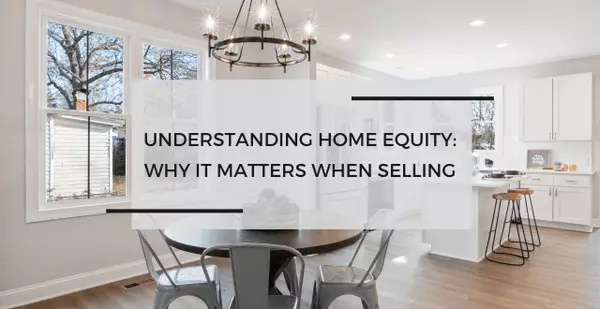
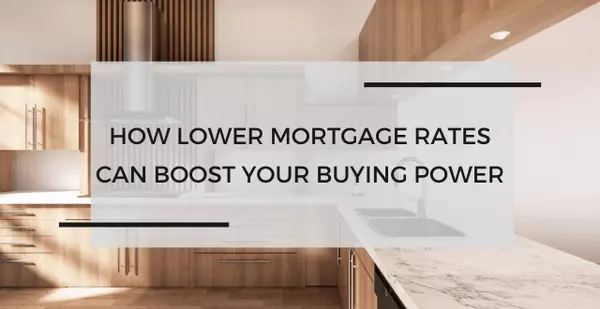
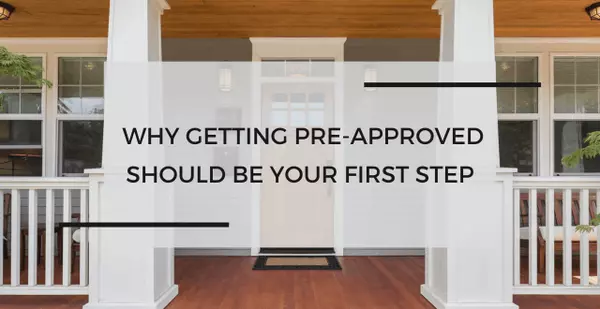
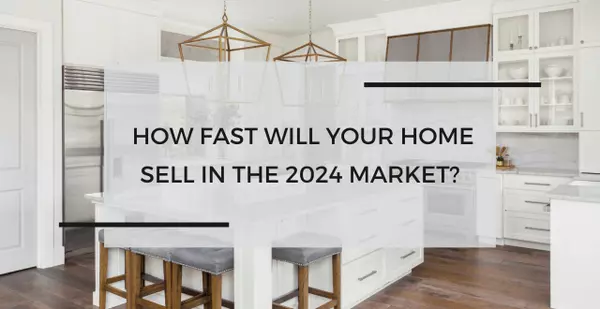
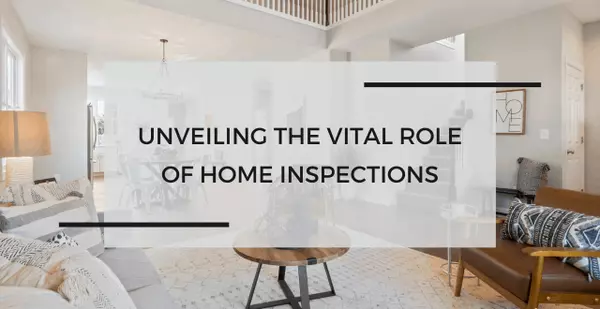
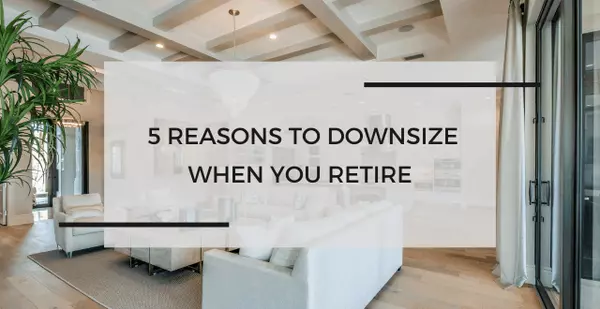
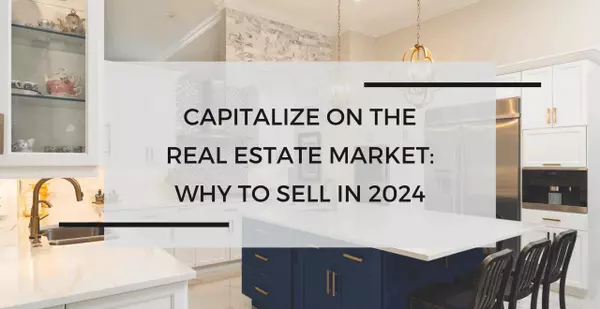

Prompt and professional service is our guarantee.
Our goal is to be informative and helpful. Through our service we hope to earn your business with our exemplary level of service and extensive local knowledge of the Central Maryland area.

